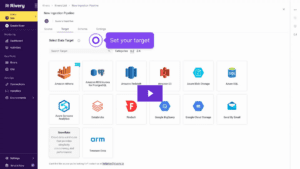Data Engineer Definition
Data Engineer
A data engineer builds, deploys, and maintains the organization’s data infrastructure. This involves building & maintaining pipelines, migrating to the cloud from legacy systems, creating data models, and delivering structured data to organizational stakeholders. A data engineer has experience in architecture design, data pipeline maintenance/testing, managing data, & metadata.
Key pain points that data engineers solve for an organization include:
Converts Raw Data for Business Use
– Builds the data pipelines/infrastructure that deliver business users the data they need.
– Extracts, cleans, prepares, and transforms data for business usage.
On Call Support for Data Infrastructure
– Fixes breakages and other data infrastructure issues on call.
– Urgent API updates and pipeline maintenance
Assures Access to All Relevant Data Flows
– Organizes and makes relevant data accessible to business users.
– Manages data streams to maintain usability of system.
Speeds Time-to-Insight
– Automates & streamlines manual data workflows.
– Eliminates inefficient bottlenecks that delay data for stakeholders.
Supports Custom Integrations
– Builds custom data pipelines, custom API connectors.
– Creates data connectors for business apps & products.
Common tools that a data engineer uses include ETL/ELT tools, SQL, NoSQL, Python, CDW, and database architecture. Built-In estimates that the average salary for a data engineer in a major metro area is around $124,000.
